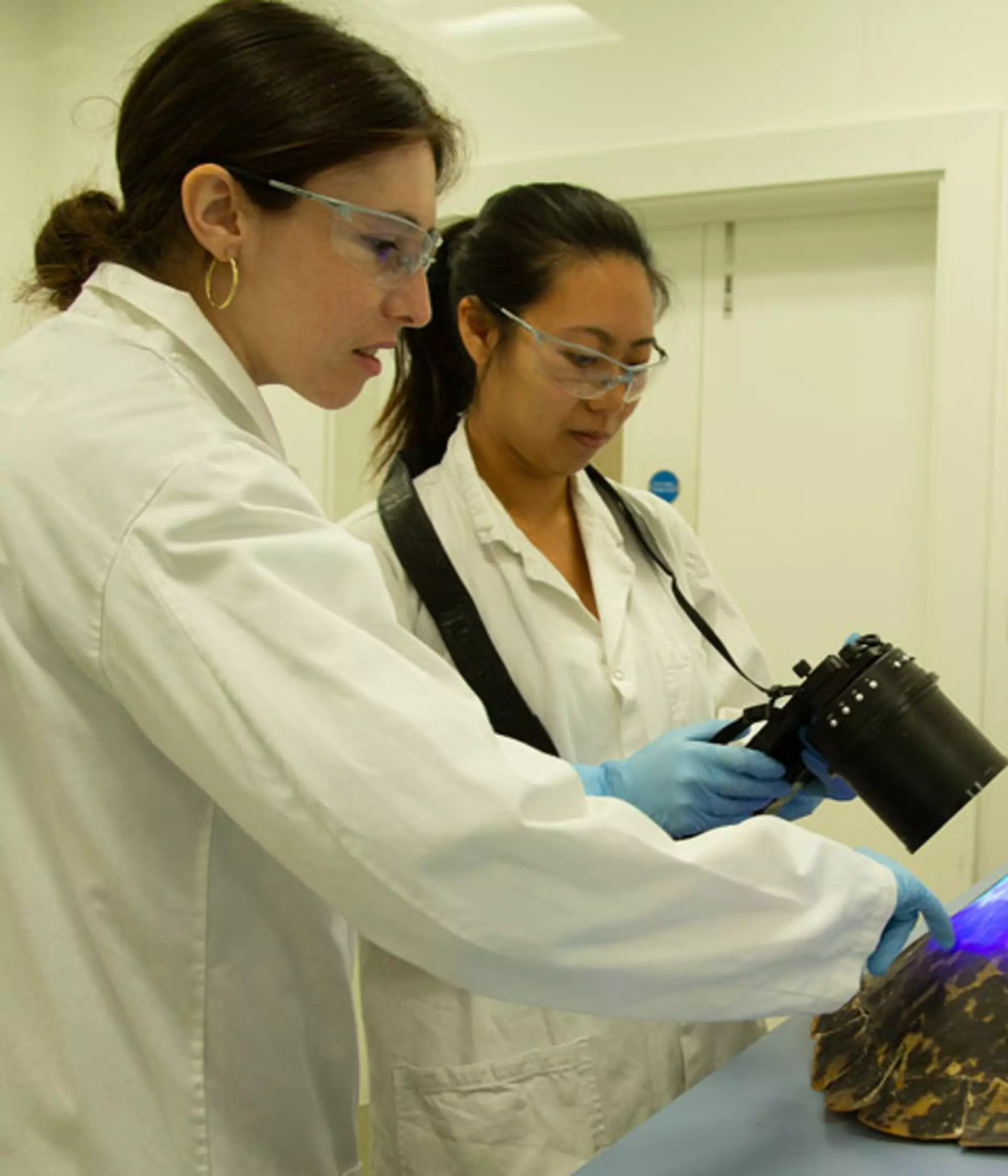The Institute of Zoology has an international reputation for excellence in conservation science, but we also want to be known for the quality of the working environment we offer to conservation scientists throughout their careers.
We believe that excellence in our science is underpinned by diversity among our scientists, and we want to create a more inclusive, flexible and supportive working environment that promotes and retains this diversity. In so doing, we believe we will be creating a higher quality working environment for everyone.
Key milestones
2015 - Created a committee to support gender equality and work towards an Athena Swan Award
2018 - Awarded an Athena Swan Bronze Award
2020 - Hired our first EDI Administrator
2022 - Launched our current EDI Action Plan
Today - The Institute of Zoology has a dedicated EDI Committee, EDI Administrator, and over a dozen supporter contacts who carry out EDI work and maintain our safe and supportive culture
Our Science EDI Committee meets every two months and is comprised of members across ZSL, both in the Science Directorate and within other departments in the organisation. Within the Institute of Zoology, we also have support contacts for mental health, harassment and bullying, wellbeing, safeguarding, academic support, union support, and ZSL support. Our staff and students have access to an external Employee Assistance Programme as well as a mentoring scheme.
What we do
- Carry out actions as outlined in our EDI Framework and Action Plan
- Produce a monthly newsletter for staff and students about EDI trainings, research, and support
- Host confidential conversations for staff and students, holding space for continuous learning and vulnerability of people at all levels
- Aim to inspire diverse audiences and increase awareness of science in underrepresented communities through our public engagement and events
- Represent the Institute of Zoology on the Royal Society of Biology’s Diversity and Inclusion Working Group, liaising with a number of external science organizations about best-practice EDI
- Support ZSL EDI initiatives – Diversity and Inclusion | ZSL
- Report on EDI progress in the Institute of Zoology Annual Review – Our Annual Reports | ZSL
Looking forward
As of April 2024, we are halfway through our EDI Action Plan for 2022-2025. We have reviewed our progress against this action plan, identified priority areas for the next year, and added committee members to help us achieve our goals. In the coming months we will work as a committee to create our next EDI Action Plan for 2025-2028.
Get in touch if you'd like to learn more or have ideas for collaboration
EDI Statement for 2022/2023
Throughout the year, Equality, Diversity, and Inclusion has been a top priority for the Institute of Zoology as we have increased our support networks and procedures, amended plans to fit current needs, and welcomed a new full-time EDI and Science Review Boards Administrator. To better understand staff and student experiences, EDI forums were held for all IOZ staff and students. In addition, a ZSL-wide ‘Wellbeing Survey’ and a Science EDI Committee ‘Student Wellbeing Survey’ generated detailed and anonymous feedback relating to social, financial, physical and mental wellbeing. These surveys enabled the Science EDI Committee to identify and implement priority actions to enhance support for our community, including creating a monthly EDI book club, increasing participation in our Mentor Scheme, implementing financial support for PhD students, and organizing new social events.
IOZ’s continued focus on safeguarding has resulted in the creation of situational awareness training, which will be rolled out in the 2023/24 academic year. Following last year’s harassment and bullying training for supervisors, we led a three-hour session for students and early-career professionals to identify signs and impacts of harassment and bullying, evaluate power dynamics, and improve support and reporting procedures for harassment and bullying.
The ZSL Library has continued its ‘Hidden History’ blogs, supported multiple students and an independent researcher on work exploring ZSL’s colonial past, and created displays for ‘Women and Girls in Science’ Day and ‘South Asian Heritage’ Month. IOZ staff and students also participated in a range of careers-in-science events, including sessions for students in ZSL’s Education Access Scheme (in Camden and Westminster).
We are creating conversations around decolonizing science, both within our organisation and externally; for example, by organizing a decolonization workshop for over 40 University of Cambridge undergraduate students. We also held an IOZ staff and student meeting and questionnaire survey on the topic ‘Starting a conversation about decolonization in ZSL science’ to increase discussions around ethical work practices and co-creation of a decolonization strategy to help educate our staff and students. Adapting our working practices and communications around this will be one of our EDI priorities for 2023/24.
Our staff and students continue to benefit from ZSL’s support initiatives, including training for Mental Health First Aid, Welfare Champions, and the Employee Assistance Programme.
